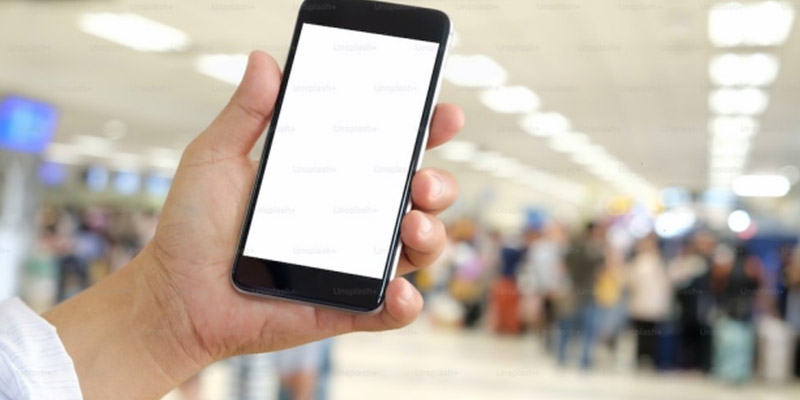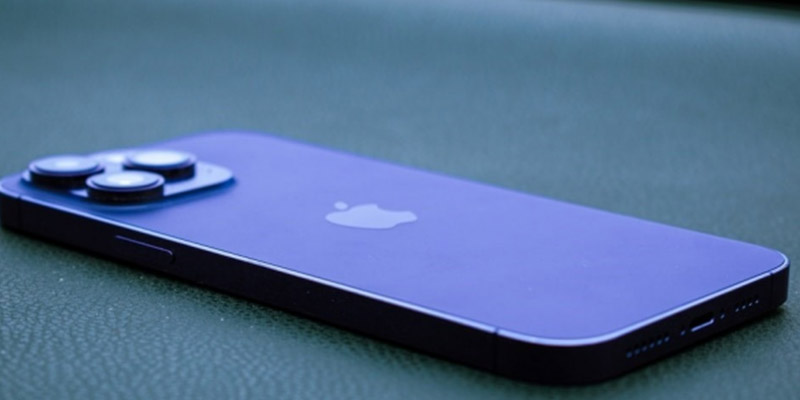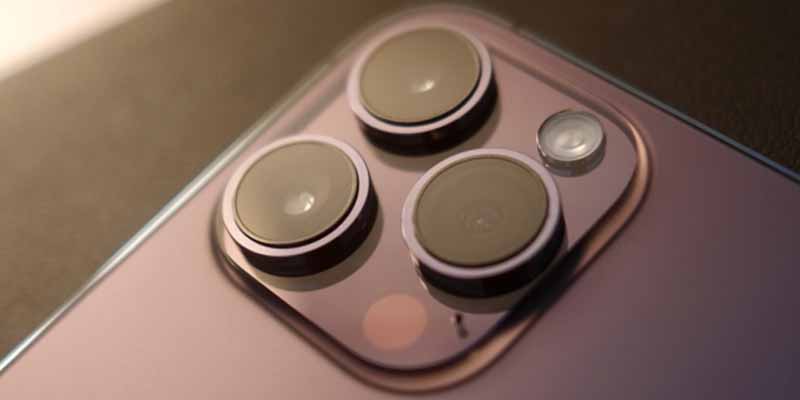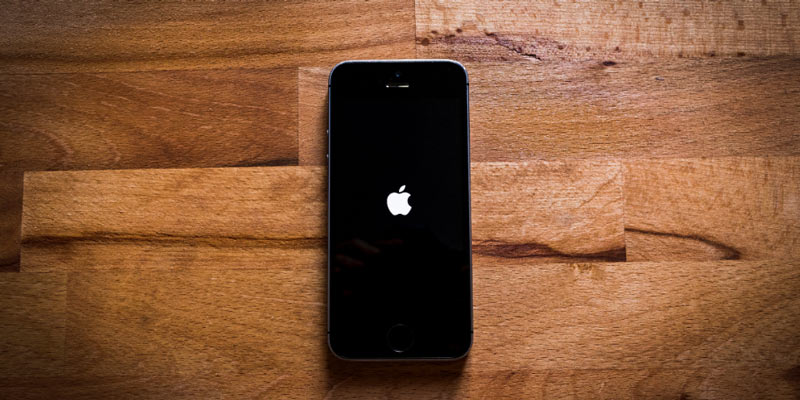The iPhone is, without a doubt, one of the most well-known consumer products in the entire globe. Purchasing a brand-new Apple iPhone becomes more alluring as anticipation of introducing the iPhone 15 and iPhone 15 Pro builds.
Even though most Apple enthusiasts shop from the official Apple Store, many must know they may get these highly sought-after accessories elsewhere.
This article goes into great depth about these lesser-known but practical methods to obtain the most recent iPhones, such as the iPhone 14, iPhone 14 pro, iPhone 14 Pro Max, or the eagerly awaited iPhone 15.
What are the channels to buy an Apple iPhone?
Apple sells its products primarily through two channels: authorized partners and suppliers, which are indirect sales, and its chain of stores and official website, which are direct sales. Unexpectedly, Apple only sells most of its products in its stores. Only 29% of their sales in 2018 were generated internally. The remaining 71% came from shops and companies outside the corporation.
This implies that anyone looking to purchase an iPhone has many options for the newest Apple products. Whether it’s the iPhone 14, iPhone 14 Pro, iPhone 14 Pro Max, or the soon-to-be-released iPhone 15, you can get an Apple iPhone here:
1. Apple Retail Stores:
Apple’s numerous retail locations, which are dispersed over the globe, provide the traditional Apple experience. These stores give customers direct access to various products and the helpful guidance of Apple staff, allowing them to immerse themselves in the Apple ecosystem fully.

2. The Apple Store online:
You can buy all Apple’s products online via its primary website, the Apple Online Store. All their iPhones, from the iPhone 14 to the iPhone 15, are included. Online shoppers appreciate how they can personalize their purchases and how secure and dependable it is. They appreciate having a variety of delivery options as well.
3. Authorized Apple Retailers:
To enable the sale of its products, including the iPhone series, big box retailers like BestBuy, Target, and Walmart have agreements with Apple. These businesses frequently have sections of their stores designated just for Apple products and frequently hold sales.
Back in 2008, Best Buy became one of the first big stores, aside from Apple and AT&T, where you could buy an iPhone, and they may offer discounts on the iPhone 14 Pro Max price. Plus, you can sometimes get a used iPhone at a lower price from Best Buy.
4. Cellular Carrier Stores:
By visiting their stores, users can purchase iPhones and mobile service plans at major cell phone providers, including AT&T, Verizon, and T-Mobile. Some services even allow you to shop online for added convenience.
5. Online Retailers:
You may purchase an iPhone on well-known resale websites like Craigslist, large online retailers like Amazon, and online markets like eBay. To avoid unpleasant surprises, it’s crucial to exercise caution and only do business with merchants you know and trust.
6. Resale markets:
There are trade shops and Apple’s Certified Restored program where you can find used or certified restored iPhones. These gadgets go through strict testing and licensing processes, and they usually come with guarantees, which make them a long-lasting and cost-effective choice.
7. Electronics stores in your area:
iPhones are widely available in your area’s electronics and mobile phone stores, making it simple to purchase Apple products with a customized touch.
The positive aspects are that it is nearby; you can have personalized service and assistance from local businesses.
8. Prepaid Carriers:
Apple iPhones are available from US before-pay phone providers such as Boost Mobile, Cricket, Straight Talk, and Virgin. Prepaid plans have some considerations, but the monthly expenses may be less expensive than with more giant corporations.
What are the Benefits of Buying an iPhone from a Non-Apple Official Website?
There are definite advantages to acquiring an iPhone via websites that aren’t controlled by Apple, even if Apple’s formal procedures are the most trustworthy:

1. An Affordable Cost:
At trade pricing, third-party vendors occasionally purchase iPhones from the official manufacturer. That’s why they sometimes offer discounts on iPhones on special occasions, like the iPhone 14 Pro Max price. Even though these discounts aren’t huge compared to the original price, they can help you save money.
2. Variety:
Websites not affiliated with Apple frequently provide an excellent selection of iPhone models, including vintage or discontinued versions that may be difficult to locate through Apple’s official channels.
3. Customization:
You can make your iPhone unique through a few independent retailers. Giving consumers the option to select from several colors, storage sizes, and even individual patterns enables the construction of a more personalized gadget.
4. Unlocked iPhones:
iPhones that have been unlocked are regularly available on non-Apple websites, allowing customers to select their mobile service provider from a more extensive selection of carriers.
5. No Carrier Contracts:
If you buy from a non-Apple source, you can choose your cell phone plan without being bound by a contract with a particular carrier.
What are the Hidden Dangers of Buying an iPhone from a Non-Apple Official Website? Will it be Authentic?
It’s critical to be aware of any problems from purchasing products from websites other than Apple’s official ones.
1. Concerns regarding authenticity:
Websites not owned by Apple, particularly those with significant discounts, can be a breeding ground for counterfeit iPhones. These fake iPhones may look like actual iPhones on the surface, but they frequently have subpar construction, performance issues, and a lack of functionality. Additionally, some merchants may pass off secondhand or refurbished iPhones as brand-new technology.
2. Problems with the warranty:
If you buy an iPhone outside Apple’s official channels, your warranty can be minimal or nonexistent. You can fully benefit from the company’s standard complete warranty when you purchase an Apple product from a licensed merchant. Unofficially acquired iPhones might not get the same level of support for technical issues.
3. Security Risks:
iPhones purchased from websites other than Apple’s may not go through the same stringent quality control and security checks as those purchased from Apple’s official websites. Customers may be exposed to security flaws, hardware or software problems, or even malware that has already been installed. The security mechanisms and frequent software upgrades included in Apple products are recognized for shielding consumers against dangers of this nature.
Devices acquired from websites and businesses not affiliated with Apple can fall victim to theft or unethical acquisition. Purchasing a stolen iPhone could result in issues with ownership, activation, and the law. Genuine Apple products are more likely to be offered in authorized Apple stores when obtained legally.
4. Limited Recourse:
Using an iPhone from an unauthorized source can make it challenging to resolve problems. The returns, exchanges, and repairs processes are frequently more accessible at reputable Apple stores and online. Making non-official purchases can make it challenging to get assistance or a refund for goods that need to be fixed or have issues.
What Should You Pay Attention to When Buying an iPhone through Non-Apple Official Channels?
Keep the following factors in mind before buying an iPhone from a source other than Apple’s official ones:
1. Promotions:
Be aware of any specials or discounts that different retailers may give, including those selling the iPhone 14 Pro and other models. These special offers could include enticing extras like free phone cases or gift vouchers because iPhone prices are typically identical among vendors.
2. Current Phone Provider:
If you have a phone plan with them and are satisfied with their service, purchasing a new iPhone through them can simplify the transfer. Your settings and account will be carried over to your new phone.
3. Trade-In Value:
A few retailers provide schemes to exchange your old smartphone for credit toward a new iPhone. This can help you save a ton of money when upgrading to a newer model.
4. Price Comparison:
Because iPhone prices may differ across dealers, comparing prices at several stores before purchasing is advisable. The price of the iPhone may be drastically reduced via discounts or specials.
5. E-SIM Compatibility:
In the US, several iPhone models replace traditional SIM cards with e-SIM technology. Knowing the exact iPhone model you’re buying is crucial because this distinction can affect your service and plan options.
6. FaceTime considerations:
FaceTime is an iPhone feature that enables video calls. Due to local rules and restrictions, FaceTime might not function in some places, like Dubai. If FaceTime is crucial to your needs, consider alternative communication channels.
7. Select Unlocked iPhones:
When possible, select an unlocked iPhone. These devices give you more freedom because they are not tied to a particular carrier. If you want to travel overseas, it is helpful that they can be used with multiple SIM cards or service providers. This independence could wind up being priceless.
Conclusion
Only a few iPhone purchases are made through Apple’s approved channels. Non-Apple official websites may offer appealing benefits like low prices and a wide variety. Still, they also bring unrecognized concerns related to validity, warranties, security, and the potential for having devices stolen.
Therefore, when considering alternative sources for your new iPhone, it is crucial to exercise caution, conduct your research, and consider the significant factors outlined here. Doing this allows you to sift through many options and reach an educated decision that fits your goals and budget.




